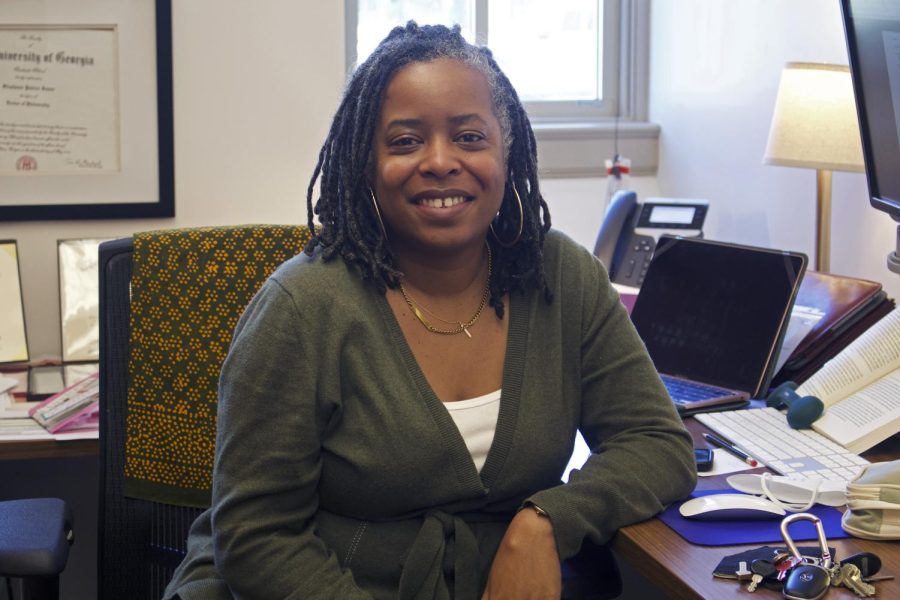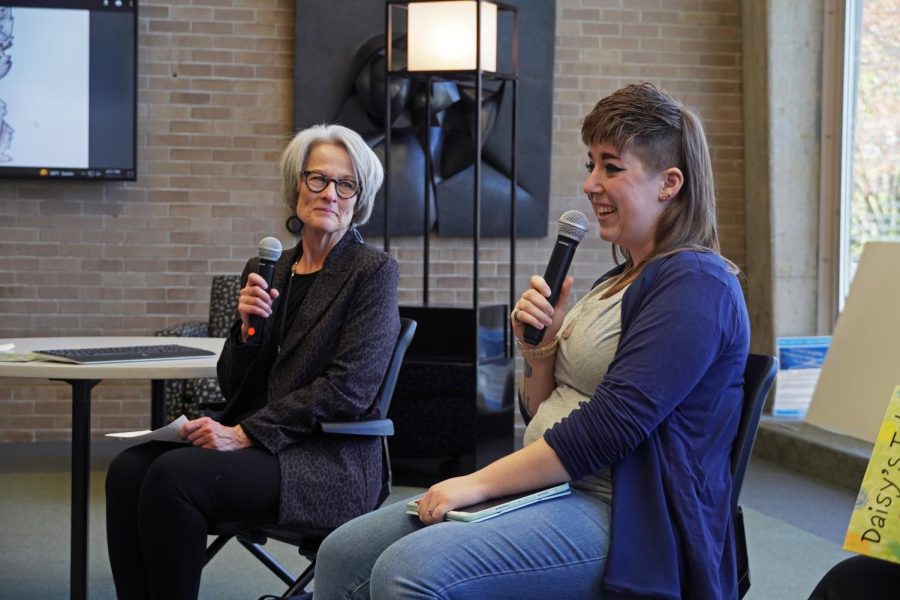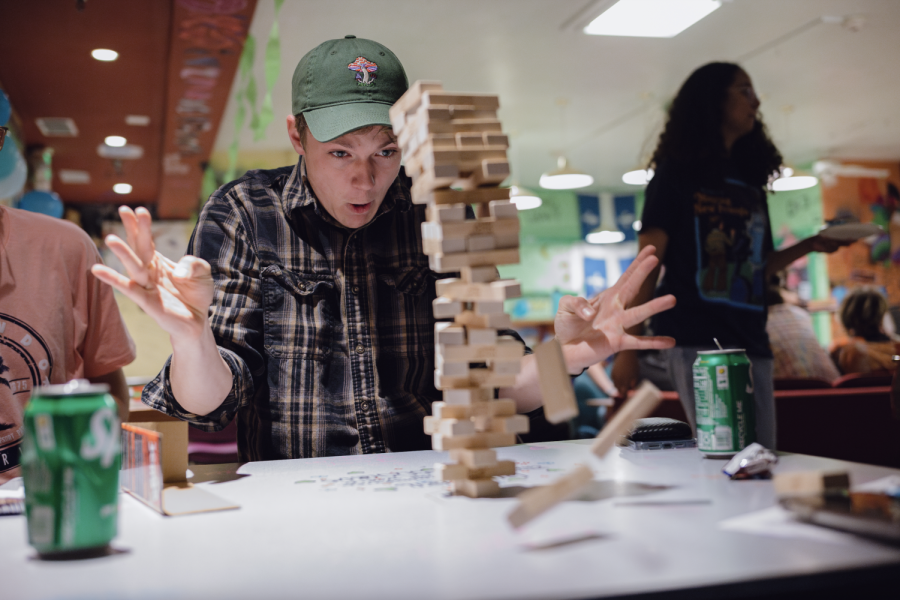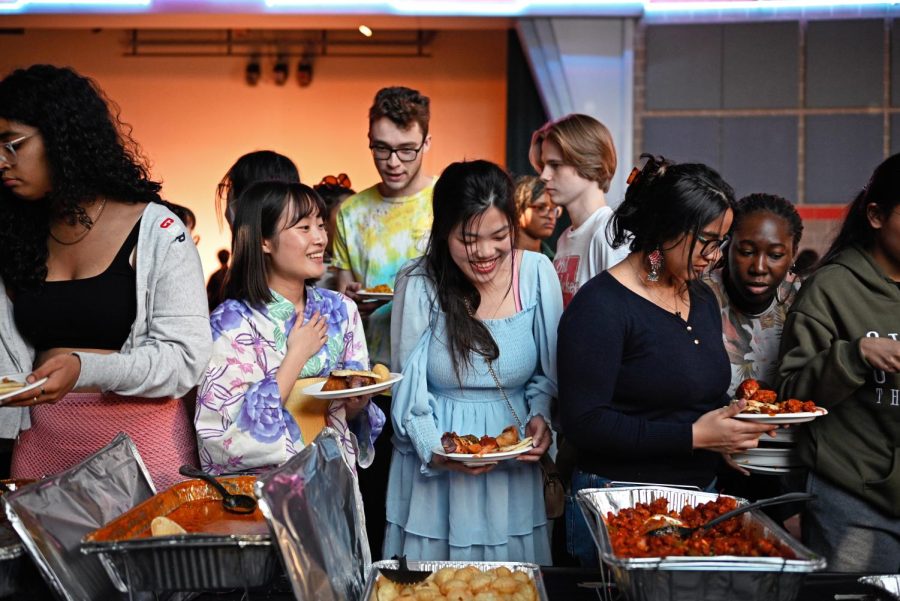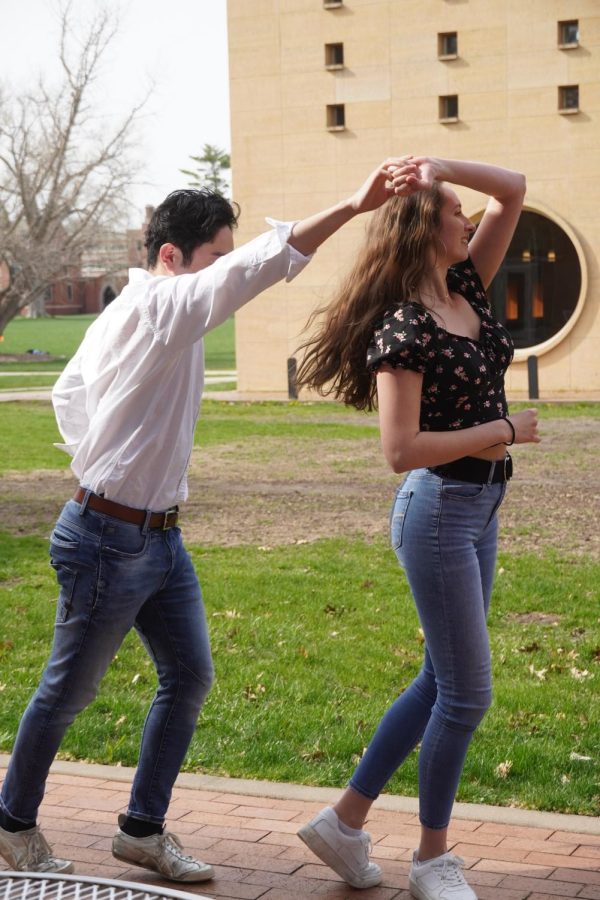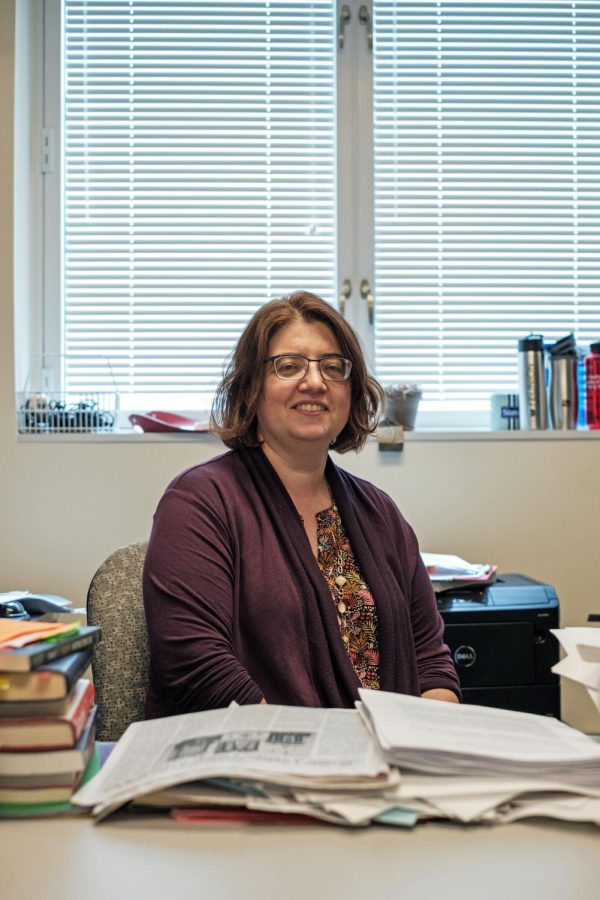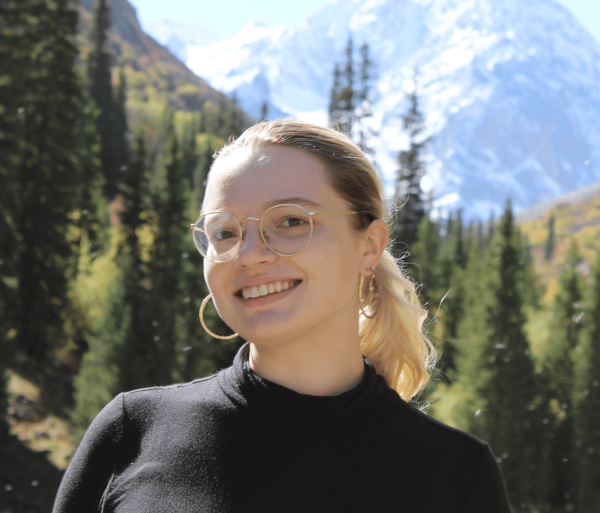The pandemic has added an extra layer of uncertainty onto what has always been an elusive question for fourth-year Grinnellians: “What will you do after graduation?”
Saketan Anand `21, an economics and Spanish double-major from Mumbai, India, said it’s not so much the lack of job openings, but the increased competition for each job that makes the pandemic job search challenging.
“Businesses struggle if there’s uncertainty, and so the demand for new-graduate hires has fallen,” said Michael Lawrence, Director of the Business and Finance Career Community at Grinnell College.
When the pandemic first hit in March of 2020, the number of job openings dropped from 7 million to 5 million and has risen back to 6.6 million since then – but they still remain below the pre-pandemic level of 7 million.
“Corporations don’t know when they can bring workforces back. They don’t know how their workforces will respond when they do bring them back. And they don’t know what the new normal will be after they bring them back,” explained Lawrence. “Even companies and industries that know that they’re going to hire graduates are still being a little softer or a little more tepid.”
For Anand, being an international student doesn’t make it any easier.
“We’re applying for two to three times the amount of jobs as domestic students – just because a lot of us get filtered out when we answer the question ‘Do you need sponsorship?’” said Anand.

International students on an F-1 visa may apply for a one-year extension period for Optional Practical Training (OPT), so that they can temporarily work in their field of study prior to applying for a permanent visa or leaving the United States. The process requires sponsorship by an employer. Students with OPT approval have 90 days to find a job before having their OPT revoked and being told to leave the United States. For STEM fields, the OPT period can last up to three years.
Anand did say that there have been hidden upsides to the pandemic job search, though, such as the ability find work remotely. Additionally, he said that the College’s decision to remain remote and divide the year into quarters gave him the extra time needed to jumpstart the job application process.
“The way that the semester has been spread out by the College has been working in my favor, because it’s kind of reduced my course load,” he said.
Lawrence clarified that, despite the uncertainty he mentioned, there are still jobs out there for recent graduates. “It just depends on the industry, and on the individual,” he said.
For example, the number of job openings within business and finance has remained relatively stable over 2020. But in the arts, employment levels have dropped severely; over the course of 2020, more than 2.7 million creative Americans were laid off due to COVID-19.
For Ahon Gooptu `21, an international student and a theatre and dance major from Kolkata, India, the lack of job availability from production companies gave him little hope of finding a position before the 90-day deadline. Last summer as he began his remote internship for the Steppenwolf Theatre Company in Chicago, he witnessed these changes firsthand.
“I saw firsthand how they’d been dealing with the pandemic, with all the cuts they had to make. … I knew I had no chance at being hired by a theatre for a job next year,” said Gooptu.
At that point, Gooptu shifted his post-Grinnell plans towards applying to graduate school, in part because it was one of the few options left which would allow Gooptu to remain in the United States in the coming years.

Gooptu applied to eight master’s and PhD programs for theatre studies – but the options have been more limited than in prior years, with many schools not taking applications for the fall of 2021 due to COVID-19.
Luckily for Gooptu, the graduate school application process is going well. The past two weeks, he’s gotten into UW-Madison and Florida State University for theatre, though he’s still waiting on funding.
Gooptu’s change-of-plans from immediately looking for theatre jobs to entering graduate school are emblematic of a larger trend within the class of 2021.
“This year there’s been a real shift in the amount of students applying to graduate school. … Probably five times as much,” said Rachel Edwards Harvith, Director of the Arts, Media, and Communications Career Community.
Not just at Grinnell, but across the United States, applications to graduate programs across multiple fields have spiked. Applications for MBA programs, for example, have increased by more than 20 percent nationwide. Just like in recessions past, when the job market falters, grad-school applications rise. The pandemic economy fares no different.
Like Gooptu, theatre and dance major and domestic student Anjali Jain `21 had been looking to eventually apply to theatre jobs before the pandemic hit, but the lack of opportunities in theatre and dance limited the scope of what she could apply for.
One opportunity still available to Jain, however, was applying for a Fulbright Scholarship – which would grant her the opportunity to conduct research of her choice in a different country with full funding.
Right now, Jain is a finalist for the Scholarship, and is currently awaiting approval from India’s Fulbright Commission to research the archival process for Rajasthani block prints. But even if she’s awarded the grant, what happens with her research depends on her ability to travel safely across the globe and on how India distributes the vaccine.
As a backup plan in case the Scholarship doesn’t pan out, Jain has been applying to jobs in the publishing and non-profit fields. Like Anand, Jain agrees that the opportunity for remote work has been an upside to the job search.
“I’m sort of looking at remote work as a way to be able to start out in any city that I want to be in. Especially not having the regular fourth-year college experience, it’d be really nice to start off work in a city with a couple of friends,” said Jain.
























































